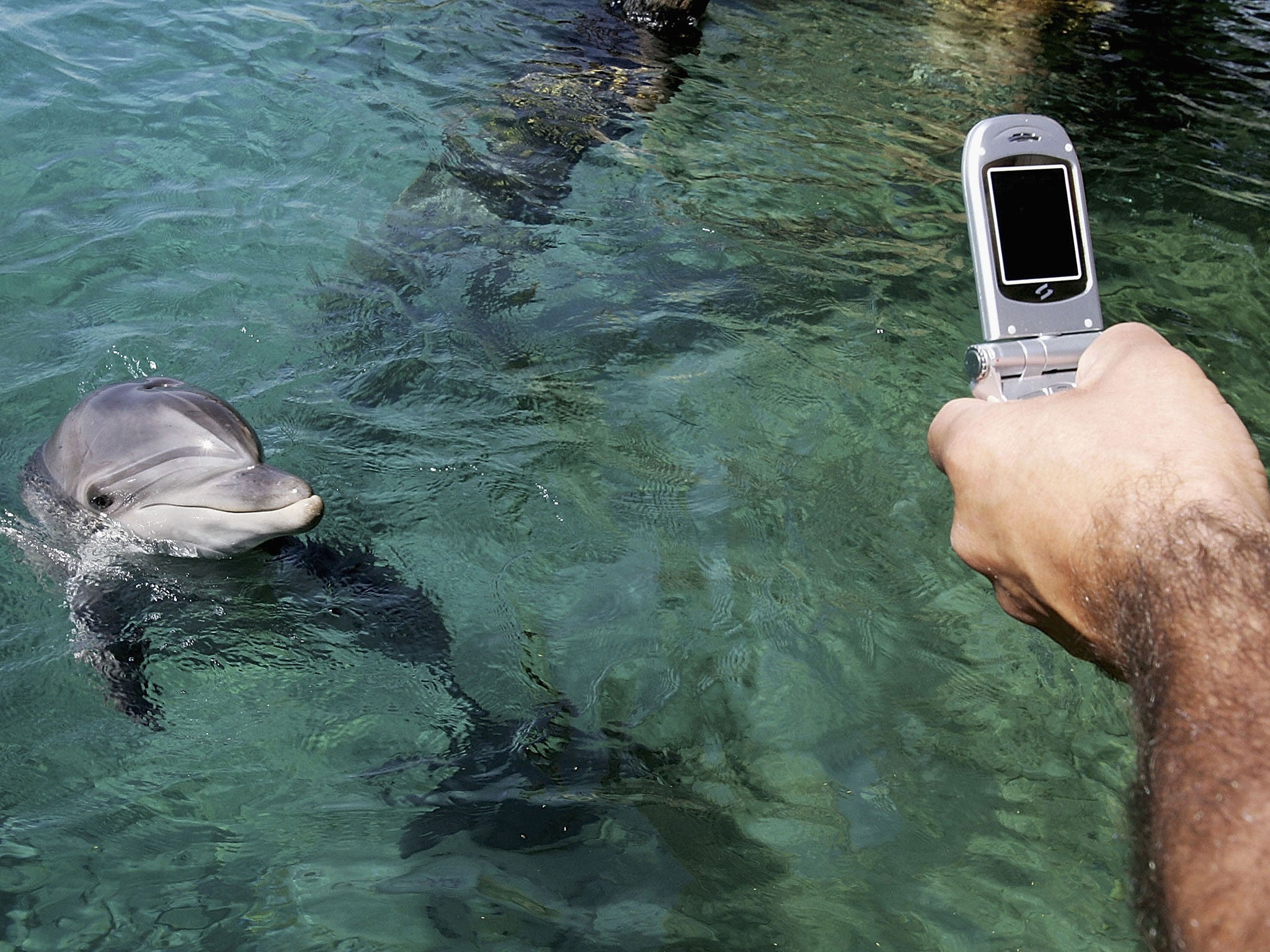Even while holidaying on a remote tropical island, Twitter will keep you up to date
Simon Kelner is back from a two-week holiday in paradise, but thanks to the company of new technology, it feels like he was never away


Your support helps us to tell the story
From reproductive rights to climate change to Big Tech, The Independent is on the ground when the story is developing. Whether it's investigating the financials of Elon Musk's pro-Trump PAC or producing our latest documentary, 'The A Word', which shines a light on the American women fighting for reproductive rights, we know how important it is to parse out the facts from the messaging.
At such a critical moment in US history, we need reporters on the ground. Your donation allows us to keep sending journalists to speak to both sides of the story.
The Independent is trusted by Americans across the entire political spectrum. And unlike many other quality news outlets, we choose not to lock Americans out of our reporting and analysis with paywalls. We believe quality journalism should be available to everyone, paid for by those who can afford it.
Your support makes all the difference.Every time I go away, the world gets smaller. Where once a trip abroad would mean a rather satisfying ignorance of what was happening at home, now there's very little chance of avoiding the news, the football scores, and even reports of minor transport problems.
I have just spent two weeks on a Bahamian island of 1,173 people (according to the last census), about the same number of chickens, one general store, and very few cars. It's remote, up to a point, and it feels idiosyncratic and old-fashioned, just enough to give the visitor a sense of having travelled a long way. One day last week, the mobile phone signal on the island went down. Completely. No one anywhere could make a call, or send a text. And no one seemed to care very much. I could hear myself thinking: where I come from, where we are all so very important, and everything we do is meaningful, this would be a disaster! In any case, all protestations would have met with a wall of insouciance. Tomorrow, the sun will rise in the east again.
Such other-worldliness is, of course, highly seductive. Luckily, there is wi-fi everywhere, so there's no need to lose the connection, so to speak, with what constitutes the real world. What this meant was that this was my first holiday truly in the company of Twitter. The voluble columnist Caitlin Moran last week described Twitter as the virtual equivalent of the bar in Cheers. When you're away, it's like taking all your friends, your colleagues, people you admire, people you hate, a few world leaders, that random person who once said something humorous, and every Manchester City supporter you've ever met on holiday with you.
It's a bizarre, addictive and surreal experience. There you are, on the beach, just checking in with the news of the world as you've circumscribed it. And, within a few, dizzying moments, you flit from outrage over a sending off at Old Trafford (it was clearly a red card, by the way: even from several thousand miles away, and without the benefit of a television, I could see that) to reflections on the death of Hugo Chavez (he was good and then went bad: that was as complex as you could get in 140 characters) to news that Rupert Murdoch had just dined with Nigel Farage (perfect, if you ask me, for that parlour game: if you had just one bullet...). I was forever up to date with the news agenda and in touch with the mood of the nation. I didn't miss a thing. I probably know more than you do about Lord Rennard's hands-on approach to party politics.
The problem is easy to identify: if you can find out what's happening, why wouldn't you? Twitter also plays to our innate voyeurism, which makes it even more powerful. Even I realised I'd gone too far the other day when I excitedly told an ex-pat friend here that there were 15-minute delays on the London to Maidstone line because a woman had gone into labour on the train. By then, I wasn't the only one secretly wishing that the island's telecommunications would go on the blink again.
Join our commenting forum
Join thought-provoking conversations, follow other Independent readers and see their replies
Comments